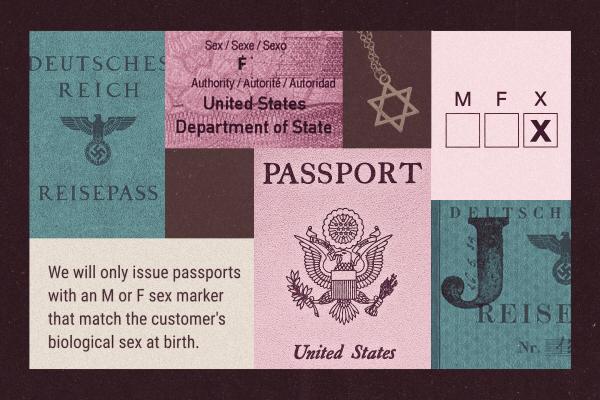Apr 10, 2025
Camins Bretts, who is 61 and lives in Seattle, has crossed the Canada-United States border many times for work, family and romantic partners. But because he’s a transgender man, at least half a dozen of those trips ended in him being detained by U.S. border officials.
Read the Full Article

Already a subscriber? Login
